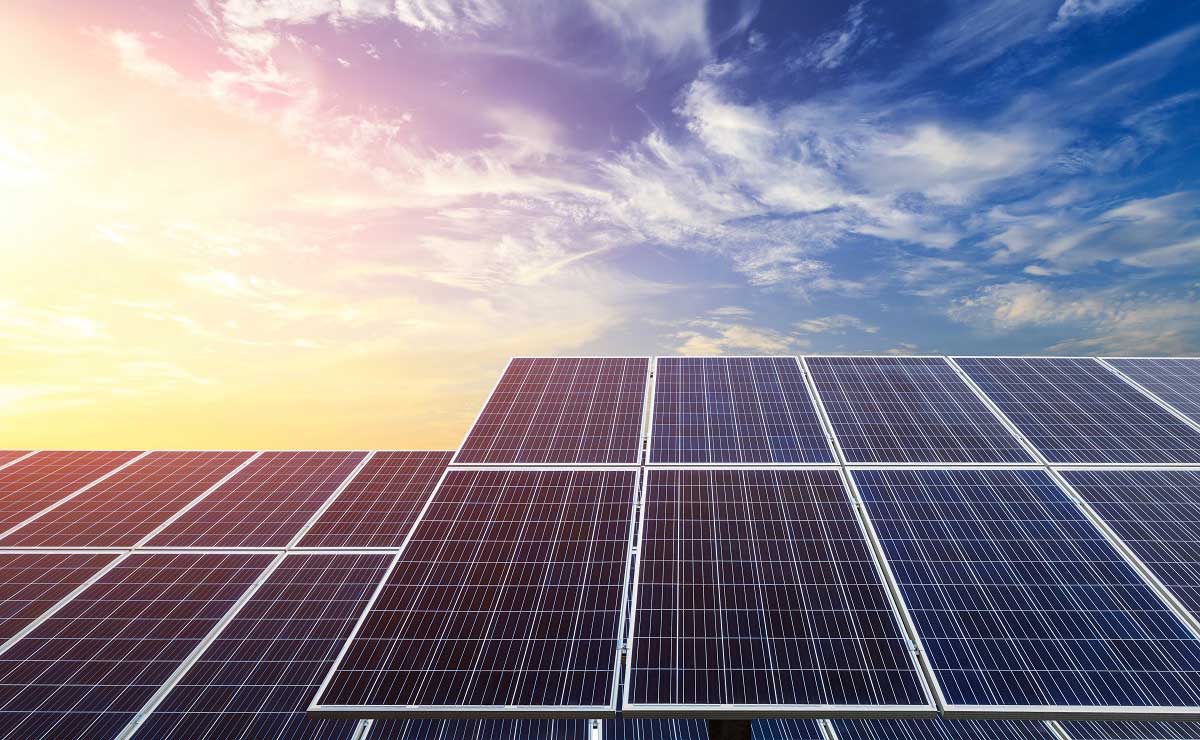The Federal Solar Tax Credit, also known as the Investment Tax Credit (ITC), plays a pivotal role in the U.S. solar industry's growth. Understanding this tax credit extension can help homeowners, businesses, and the solar industry at large to capitalize on its benefits.
This blog discusses the federal solar tax credit extension in detail, its impact, and its benefits for homeowners. Learn how to apply for solar tax credits to improve solar power affordability.
The Essence Of The Federal Solar Tax Credit
The ITC was initially implemented in 2006 as part of the Energy Policy Act. It allows homeowners and businesses to deduct a portion of their solar costs from their taxes. The credit applies to both residential and commercial systems, and there is no cap on its value.
The Impact Of The Extension
The Federal Solar Tax Credit extension has several significant implications. For homeowners, it means continued savings on solar installations. For the solar industry, it indicates sustained growth and job creation.
Understanding The Extension Details
As of the extension, the ITC will now provide a 26% tax credit for systems installed through 2022. In 2023, the credit will decrease to 22%. By 2024, the residential credit will drop to zero, while the commercial and utility credit will permanently sit at a 10% deduction.
How The Extension Benefits Homeowners
Homeowners can significantly benefit from the extension of the Federal Solar Tax Credit. The tax credit allows homeowners to reduce the cost of installing solar panels by deducting a portion of the installation costs from their federal taxes.
Impact On The Solar Industry
The extension of the Federal Solar Tax Credit is a significant boon to the solar industry. It encourages continued growth in the sector by making solar installations more affordable for consumers, thereby driving demand for solar technology.
Solar Tax Credit And Environmental Impact
The extension of the Federal Solar Tax Credit also has implications for the environment. By making solar power more accessible and affordable, it encourages the use of renewable energy, helping to reduce carbon emissions and combat climate change.
A New Dawn For Solar Energy: The Inflation Reduction Act Of 2022
In an effort to incentivize the adoption of residential solar energy, the Federal Government has given the Solar Investment Tax Credit (ITC) a significant boost. The Inflation Reduction Act of 2022, signed into law on August 16, 2022, has increased, expanded, and extended the ITC, making the prospect of going solar more appealing than ever.
With the new law in place, the ITC now allows homeowners to apply a 30% credit against their income tax burden, up from the previous 26%. What's more, the credit, which was scheduled to decrease next year, has been extended until 2032 before it reduces again. Even systems installed during the 2022 tax year are retroactively eligible for this tax credit. Thus, understanding the ITC and how to leverage it has become a crucial consideration for homeowners.
The ITC operates as a one-for-one dollar amount reduction from the income tax you would have paid without the credit. For instance, if your solar PV system costs $20,000 and you claim the ITC at 30%, your income tax for the year will be reduced by $6,000. This effectively lowers the system’s total cost to $14,000.
The law also allows for the rollover of any credited amount that exceeds your tax owed for the year you become eligible. However, it's important to note that the ITC will step down to 26% in 2033, then to 22% in 2034, and will be eliminated at the end of that year if it doesn’t receive another extension.
Claiming The Solar Tax Credit: Steps And Eligibility
To claim the Solar Tax Credit, you'll need to meet specific eligibility requirements and complete Form 5695 to include with your federal tax return for the tax period in which the PV system is first installed and operational.
Eligibility for the Solar Tax Credit requires that the PV system is an original, new installation, or is operational for the first time. You must own the system outright or have financed the parts and installation with a loan. You should not be leasing the system or paying anyone for the energy created by the system. Finally, your credit claim should be based on the cost of the PV system, its components, installation, and fees.
Expanded Coverage: What Expenses Are Included?
The Inflation Reduction Act has broadened the list of expenses covered by the tax credit. This now includes energy storage components with a rated capacity of three-kilowatt hours or more, even standalone devices. Other covered expenses continue to include the cost of the solar panels and their components, sales tax, permits and other fees, essential wiring, inverter systems, hardware, site prep, and installation charges.
Timing Your Solar Installation: When To Make The Leap
Deciding when to go solar isn't a straightforward decision and requires careful consideration. The new law, currently in effect until the end of 2034, makes going solar more appealing than ever, but it's not a one-size-fits-all solution.
Here are some factors to consider:
-
Solar energy technology is more efficient and less expensive than ever.
-
Despite federal and state tax credits and utility company rebates, the average system still takes six to 10 years to pay for itself through lower energy costs.
-
The tax credit reduces the amount of income tax you’ll owe. It’s not an immediate discount on products and installation. You’re still responsible for the upfront cost of the system.
-
Some states offer net metering programs that essentially pay you for creating more energy than you use with a PV system. These programs, however, are being contested in some areas and may not last indefinitely.
-
Other components of the same law offer incentives to industries and manufacturers of solar and related products. The impact these incentives will have on overall pricing over the next several years is yet to be determined.
-
There are other solar energy options, such as purchasing an interest in an off-site solar project that also includes tax credit benefits and could be an alternative choice to installing your own system.
Understanding The Federal Solar Tax Credit Extension
The Federal Solar Tax Credit Extension brought about by the Inflation Reduction Act of 2022 offers a promising opportunity for homeowners considering a switch to solar energy. It provides substantial financial incentives that can significantly lower the cost of installing a solar energy system. However, understanding the details of the ITC, including its benefits, eligibility criteria, and claim process, is vital to making an informed decision.
Discover how you can take advantage of the solar tax credit in 2023 and start saving money on your energy bills today - visit Gov-Relations to learn more.







